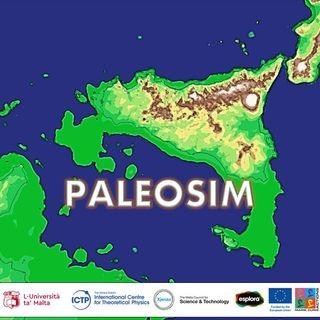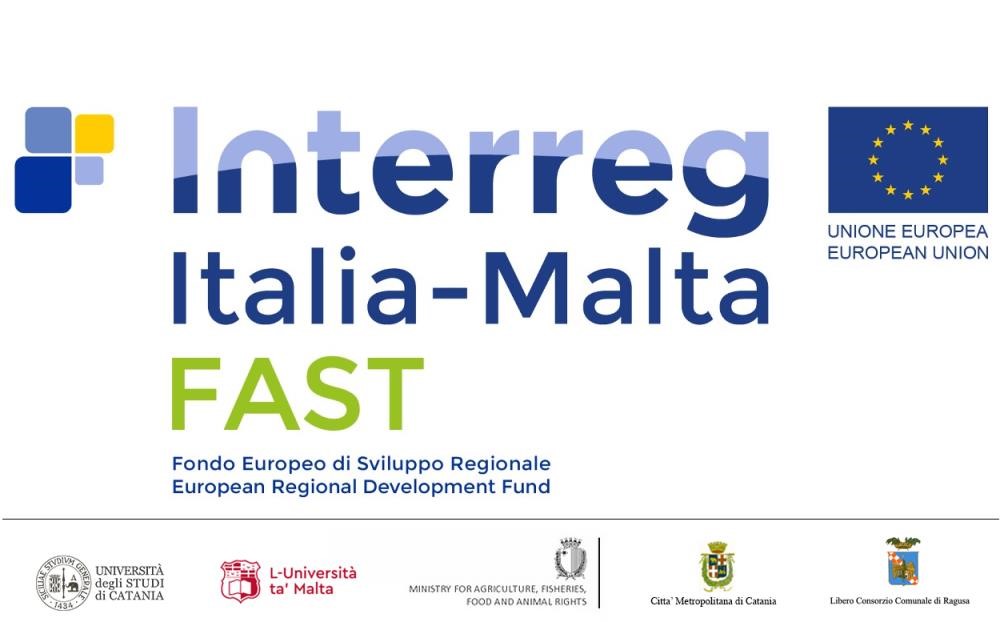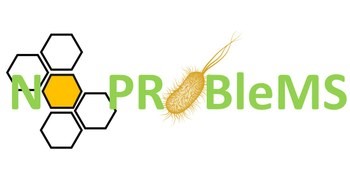

PAM: Pathogens and the Apis mellifera ruttneri Microbiome
Investigating the Microbiome of Maltese Honeybees and Their Interaction with Pathogens
The PAM project aims to deepen our understanding of the unique microbiome of the Maltese honeybee subspecies, Apis mellifera ruttneri, and its interaction with various pathogens. This research is critical for improving the health and resilience of honeybee populations, which are vital for global biodiversity and agriculture.
Honeybees face numerous threats from biotic and abiotic factors, including pathogens, climate change, and habitat loss, leading to significant population declines. In Malta, the honeybee population has decreased by over 60% in the past 20 years, threatening the nation's agricultural productivity, with 15% of total produce dependent on pollination services. Recent research highlights the crucial role of the honeybee gut microbiome in modulating immunity against pathogens and maintaining overall bee health.
Project Objectives:
Project Partners are Alma Mater Studiorum - Universita Di Bologna – UniBo.
The project started on the 1st July 2023 for a period of one year.
Project coordinator: Prof David Mifsud
PhD student: Ms Simone Cutajar
Research financed by: IPAS+ - Option C - PRIMA Training and Mobility Award 2023 (PTMA) of the Malta Council for Science and Technology (for travel and dissemination costs) and by the Tertiary Education Scholarship Scheme (TESS) (for PhD bench fees).

PALEOSIM (PALEOclimate modelling of Small Islands in the Mediterranean and possible impacts on arthropod habitats) is a Marie Skłodowska-Curie Actions Postdoctoral Fellowship focusing on the climate and Land-Use Change impacts on arthropod habitats of small islands using a Regional Climate Model.
Arthropods play vital roles in the ecosystem (e.g., pollinators, decomposers, and others), and thus can act as indicators of ecosystem integrity. Recently, the anthropogenic impact on ecosystems, through climate change and LUC, has been devastating, especially in vulnerable regions such as the Mediterranean Basin and its numerous small islands. Advances in RCMs have resulted in extensive climate studies of the region at 12.5 km resolution; however, this is a coarse resolution for many small islands. The introduction of Convection Permitting (CP) RCM simulations allows models to resolve islands such as the Circum-Sicilian (including the Maltese) Islands (CSI), and hence study variations in arthropod habitats induced by climate change.
PALEOSIM is a multidisciplinary investigation of the climate and associated arthropod habitats in the CSI. For the first time, the RegCM can combine the CP and Paleoclimate modes to produce 2 km resolution simulations between 21000BCE and 2100CE. This span of time is characterised by slow climate and geomorphological variation at the beginning, and rapid anthropogenic climate change and LUC at the end. The paleoclimate simulations will shed light on the role humanity has played in the ecological destabilisation of many of these small islands.
This investigation will improve our understanding of past climate changes on the CSI, and showcase the potential of small islands RCM simulations. The project will provide new insight into the expected habitat changes arthropods may experience in the future, and help mitigate the destruction of these fragile ecosystems.
The project started in August 2022 and finishes in January 2025.
Marie Curie European Research Officer : Dr James Ciarlo.
Project Coordinator: Prof David Mifsud
Project Partners:
The project is funded under Marie Skłodowska-Curie Actions (MSCA).
Project Total Budget is € 201 764,40.
University of Malta Project Page

BEEGUARDS
Resilient beekeeping and breeding to safeguard natural genetic resources and pollination services
BeeGuards aims to strengthen the resilience of the European beekeeping sector by providing sustainable management practices, novel breeding strategies and digital and forecasting tools that allow the sector to adapt to a changing environment. We focus on determining how abiotic factors such as management practices, climate change, nutrition and resource limitations drive emerging biotic stressors that threaten colony health and erode the resilience of European beekeeping.
The project started in October 2023 for a period of 48 months.
Project coordinator: Prof David Mifsud
PhD student: Ms Simone Cutajar
Research Support Officers: Mr Arthur Lamoliere
BeeGuards is an EU funded project under the Horizon Europe framework (HORIZON-CL6-2022-BIODIV-02) with a consortium made up of 27 partners (from 16 countries) and coordinated by the Italian Agricultural Research Council (CREA).

The BEE-OPTECH4Honey project focuses on enhancing honey production quality through the optimization of honeybee foraging sites and beehive transhumance routes using ICT and a GIS-based model. These tools will utilize real-world data to identify ideal locations for nectar sites and optimal migratory routes, thereby increasing the efficiency, productivity, and sustainability of beekeeping in Malta and Türkiye.
This project's key objectives are:
This collaborative project will involve researchers and stakeholders in both Malta and Türkiye and aims to provide a comprehensive solution to modern challenges in beekeeping, including the impacts of climate change and urbanization on traditional beekeeping practices. The anticipated outcome is a robust and versatile system that can be deployed in real-world scenarios.
The project started in December 2023.
Project coordinator: Prof David Mifsud
Research Support Officer: Mr Arthur Lamoliere
Project Partners: Işık University, Istanbul, Türkiye.
Budget: 99.995,24 €
This project is funded by the Malta Council for Science and Technology and the Scientific Technological Research Council of Turkey (TÜBITAK) through the MCST-TÜBITAK 2023 Joint Call for R&I projects. This initiative is part of the PRIMA Programme supported by the European Union.
- Website
- Youtube
- Instagram
- LinkedIn
- Facebook
- X

The FAST project (Fighting Alien Species Transborder) is funded under Interreg V-A Italia-Malta 2014-2020 call 2/2019 - Priority Axis III - Protecting environment and fostering efficient use of resources. Specific objective 3.1- Contribute in stopping the terrestrial and marine biodiversity loss within the area by maintaining and restoring the ecosystems within the protected areas.
The project started in November 2020 and recently got extended until September 2023.
Total Budget: 1.559.120,00 € ERDF Contribution of which: 1.260.227,00 € Budget IES: 485,199.95 €
Project coordinator: Prof David Mifsud
Research Support Officers: Mr Thomas Cassar and Mr Arthur Lamoliere
Scientific advisor: Ms Simone Cutajar, Mr Stephen Mifsud & Prof Sandro Lanfranco
Project Partners:
Università degli Studi di Catania - Dipartimento di Scienze Biologiche, Geologiche ed Ambientali
Ministry for Agriculture, Fisheries and Animal Rights - Plant Protection Directorate
Città Metropolitana di Catania - 2° dipartimento - 4° Servizio “Gestione Riserve Naturali”
Libero Consorzio Comunale di Ragusa - Settore V Pianificazione Territoriale e Sviluppo Locale - U.O. Riserve Naturali

NOPROBLeMS (NOurishing PROBiotics to Bees to Mitigate Stressors )
The NO PROBleMS project originates from a number of acquired knowledge on honeybee nutrition based on beneficial bacteria and plants extracts.
Plant extracts are widely used in a number of commercial products targeted to honey bees, their use against N. ceranae has scientific support, but posology is usually unclear. The use of plants extracts has great potential as mitigating agents in the presence of environmental stressors.
The combined use of beneficial microorganisms and plant extracts to boost honeybees' health and productivity is the main goal of the NO PROBleMS project.
The specific objectives of the relevance of NO PROBleMS are therefore to:
The project started in January 2018 and was extended until June 2023
Project coordinator: Prof David Mifsud, PhD student: Ms Simone Cutajar
Project Partners:
The NO PROBLeMS research project is financed by the European commission (Marie Skłodowska-Curie Actions Grant number: 777760)
Total Project budget 346500€ Budget IES 44,999.99 €
Project Partners: